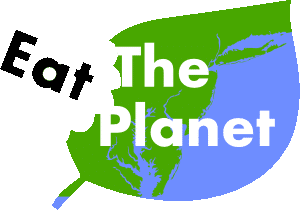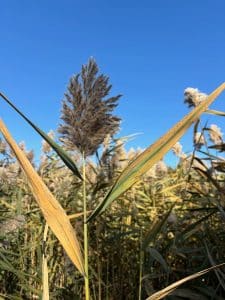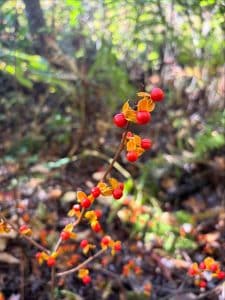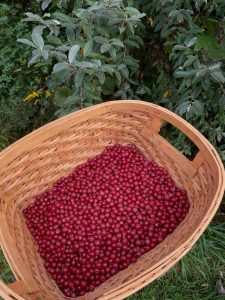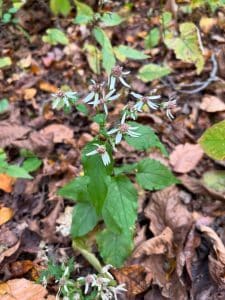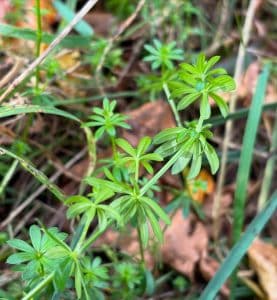Foraging for wild edible plants, bugs and fungus can and should be an enjoyable experience for all. But there are some guidelines to follow for safe foraging. There are 3 primary cautions associated with foraging for anything and these are:
1) Accidentally eating a poisonous organism, or a poisonous part of an organism that may also have edible parts. This is typically the result of incorrect identification or incorrect information.
2) Eating an organism contaminated with man made poisons, like pesticides, herbicides, and fungicides or harmful natural poisons or microbes.
3) Having an allergic reaction to an otherwise perfectly edible organism.
Some steps to avoid these dangers are:
1) Always cook all animals including insects and bivalves before consuming, and cook anything that was collected from water.
2) Be 100% sure of the identification of the organism you are about to eat, if there is any doubt then find further means of confirming the identification before eating. Never eat anything foraged by anyone else unless you are completely comfortable putting your life in their hands. It’s only recommended that you eat foraged food from professionals or restaurants with a good reputation.
3) Once you have identified it correctly and ruled out contamination sample only very small amount of any new food the first time you try it. Wait at least 24 hours before you consume more.
Poisonous Plants, Animals, And Fungus
Organic poisons can be found in plants, animals and fungus. There are some steps to take in addition to the ones mentioned above to minimize your exposure because some of these poisons can be deadly even in small amounts. These steps are:
1) Learn as many look-a-likes as you can to the item you are planning to eat, so you know the differences.
2) Do not try anything new until you have thoroughly researched and correctly identified it.
Pesticides, Herbicides, And Fungicides
It’s a sad reality that our landscapes are filled with man made poisons. Not only is this bad for wild organisms but it’s also bad for people who supplement their diet with foraging. Food should be free and unadulterated but this is not the case in many places today. This is an often invisible poison that can cause sickness, and potentially death. It is difficult to be sure that we are not ingesting man made poisons because they can be on or in any type of organism, but there are some steps we can take:
1) Do not harvest from roadsides or other areas were gasoline, oil and other chemicals could collect.
2) Do not harvest from pristine manicured landscapes, often pesticides and herbicides are used there.
3) Find a trusted farm or forest that you can rely on to inform you where chemicals are and are not used, and do most of you’re harvesting there.
Food Allergies
Allergies to food and other things are becoming more common today. People have all sorts of allergies and some may have yet to manifest or get triggered so take caution even if you believe you have no allergies. Allergic reactions can affect our bodies in any number of ways, common allergic reactions include: hives, redness, swelling, itchiness, and in severe cases anaphylactic shock which can lead to death if not treated immediately. Itchy throat is a common food allergy symptom and should be taken note of, often it is harmless but if severe you’re breathing could be affected. Only sampling a small piece of anything new will help to identify allergic reactions without overwhelming your system with the allergen. Once you find that an item does not bother you it would be rare but still possible to develop an allergy to it.
You Are Responsible for What You Eat
Eat The Planet does thorough research to bring you the most accurate and useful information on the topic of wild edibles. Ultimately you are responsible for making sure that what you eat is safe, read our disclaimer HERE
Many of our readers find that subscribing to Eat The Planet is the best way to make sure they don't miss any of our valuable information about wild edibles.
See our privacy policy for more information about ads on this site
